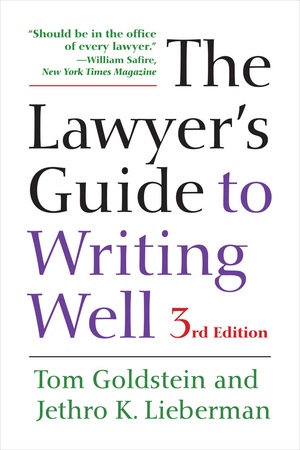Essential for writers and lawyers working with writers, the following UC Press titles provide important information around the publishing industry, copyright, and legal communication.
Law and Authors
A Legal Handbook for Writers
by Jacqueline D. Lipton
“Jacqueline Lipton explains complicated legal doctrines in simple and clear language, using relatable real-world examples. Lawyers should add this book as recommended reading for their clients.”—Lydia Pallas Loren, Professor of Law, Lewis and Clark Law School
This accessible, reader-friendly handbook will be an invaluable resource for authors, agents, and editors in navigating the legal landscape of the contemporary publishing industry. Drawing on a wealth of experience in legal scholarship and publishing, Jacqueline D. Lipton provides a useful legal guide for writers whatever their levels of expertise or categories of work (fiction, nonfiction, or academic).
Creativity and Copyright
Legal Essentials for Screenwriters and Creative Artists
by John L. Geiger and Howard Suber
“A must read for those who create original work and want to understand the line between copyrighted material and what they create.”—Mike Medavoy, film producer and former studio head, whose filmography ranges from Rocky to Black Swan
Inspired by Strunk & White’s The Elements of Style, this elegant, short reference is the perfect guide for screenwriters and creative artists looking to succeed as industry professionals. Readers will quickly understand the laws that govern creativity, idea-making, and selling, and learn how to protect themselves and their works from the legal quagmires they may encounter.
The Lawyer’s Guide to Writing Well
by by Tom Goldstein and Jethro K. Lieberman
“Should be in the office of every lawyer.”—William Safire, New York Times Magazine
In this critically acclaimed book, Tom Goldstein and Jethro K. Lieberman demystify legal writing, outline the causes and consequences of poor writing, and prescribe easy-to-apply remedies to improve it. Reflecting changes in law practice over the past decade, this revised edition includes new sections around communicating digitally, getting to the point, and writing persuasively. It also provides an editing checklist, editing exercises with a suggested revision key, usage notes that address common errors, and reference works to further aid your writing. This straightforward guide is an invaluable tool for practicing lawyers and law students.


